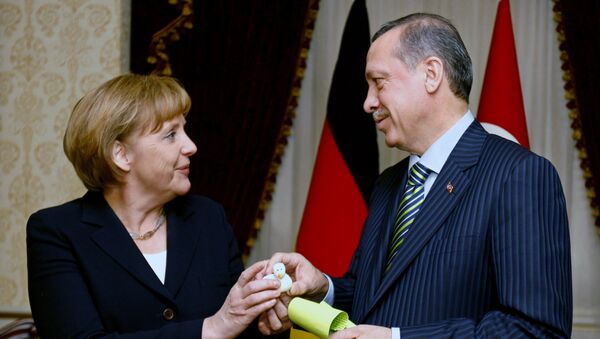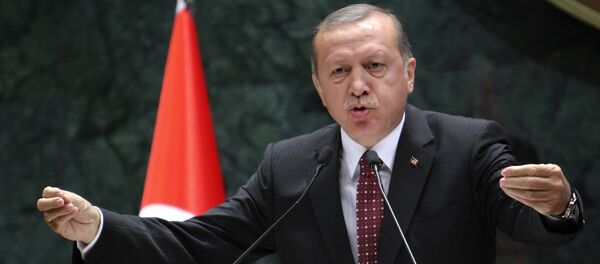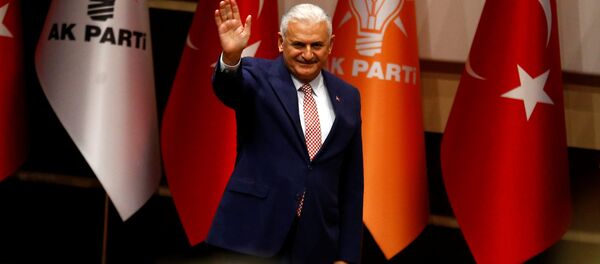Erdogan’s goal was "unchallenged power at the top of the state," Pierini wrote for Financial Times.
"This in itself is no great surprise; the novelty is that it is happening with Berlin’s full acquiescence," the article read.
After the ruling Justice and Development Party (AKP) won the 2015 snap election Berlin supported Erdogan and his allies. In face of an unprecedented migrant crisis across Europe, German Chancellor Angela Merkel promised Ankara a multitude of benefits if Turkey helped to tackle the crisis.
"With three official visits in six months, Merkel is widely perceived in Turkey as having 'voted Erdogan'," Pierini noted.
Actually, Merkel did so, but not only by offering benefits to Erdogan. The German government turned a blind eye to numerous violations of freedom of speech and the rule of law in Turkey, despite the fact that these are one of the basic European principles.
"By linking progress on accession and on visas with migrants, the deal put the EU’s usual strict rules on the backburner," the author wrote.
Davutoglu did not hesitate to express his disagreement over certain points of Erdogan’s policy, including regarding the Kurdish problem, freedom of press and the fight with terrorism. The new Prime Minister, Transport Minister Binali Yildirim, is a close ally to Erdogan.
According to political analysts, Yildirim would act as a "low-profile" prime minister and would further contribute to Turkey’s transition from a parliamentary republic to an executive presidency, delegating greater powers to Erdogan.
"Turkey has elected Erdogan and given him a parliamentary majority in clean elections; so there is little EU leaders can do to challenge his style or domestic ambitions as long as these remain disconnected from the accession process. The question now is how high a price they will pay to avoid Erdogan’s threats about migrants," Pierini concluded.




